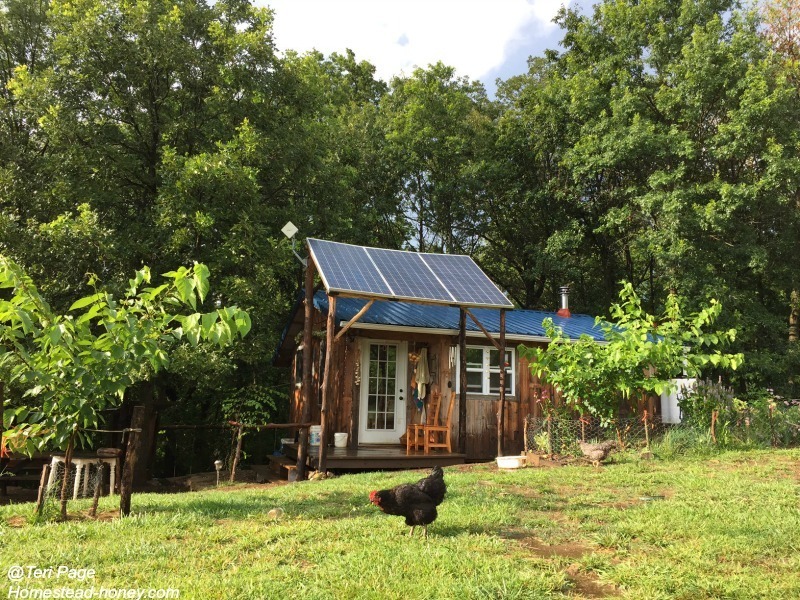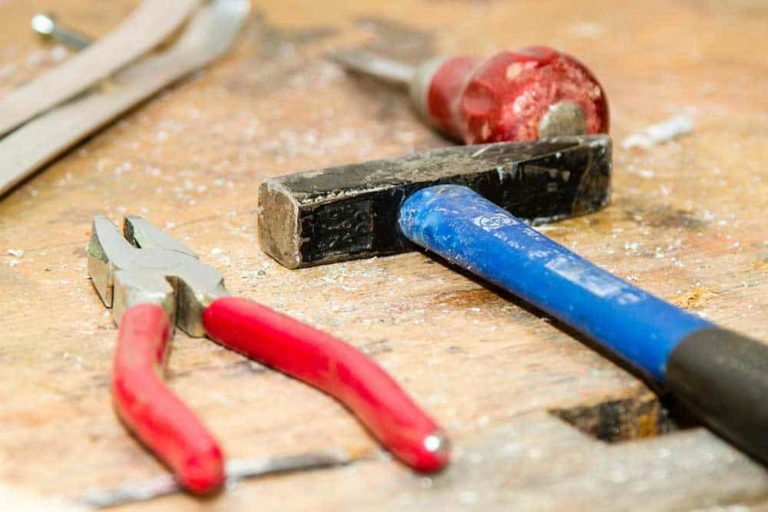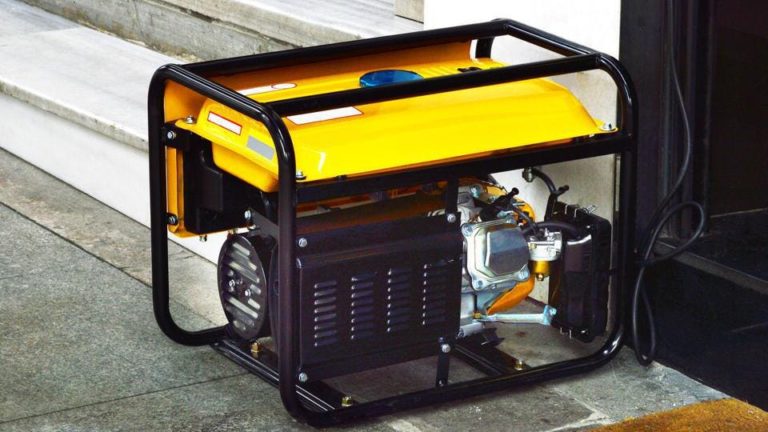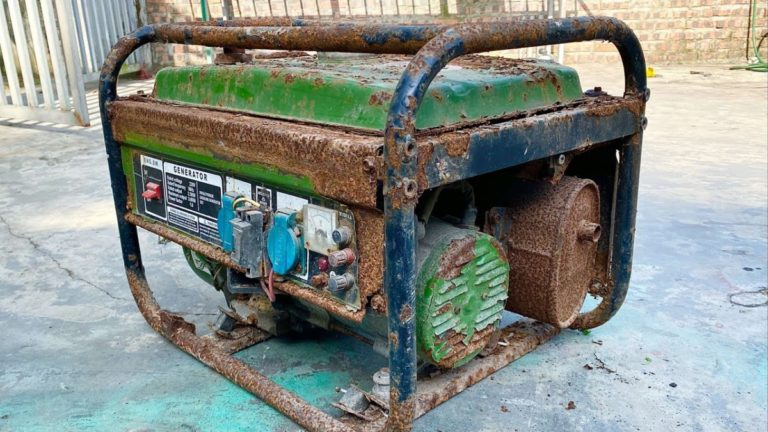Off-grid energy solutions have come a long way in recent years, offering numerous benefits including reduced carbon footprint, lower electricity bills, and increased energy independence.
We’ll explore some innovative off-grid energy sources for your homestead that can help you transition to a more sustainable and self-sufficient lifestyle.
So let’s dive in!
Solar Power
Consider investing in a solar power system to generate electricity for your homestead. This can include solar panels, battery banks, and an inverter to convert DC power to AC power.
By investing in a solar power system, you can harness the sun’s energy to power your home and operations.
A typical solar power system includes solar panels, battery banks, and an inverter to convert DC power to AC power.
The solar panels can be installed on a south-facing roof or in a sunny location on your property, and can generate electricity during the day.
The battery banks can store excess energy for use during the evening or on cloudy days.
An inverter is used to convert the DC power generated by the solar panels to AC power, which is then distributed to your home and appliances through a series of wiring and circuit breakers.
However, with proper care and maintenance, a solar power system can last for many years and provide a reliable source of off-grid energy.
Some important considerations when installing a solar power system include selecting the appropriate size and type of system for your needs, ensuring proper installation and wiring, and providing regular maintenance and repair.
It is important to consider other off-grid energy sources, such as wind power or hydroelectric power, to supplement your solar power system and ensure a reliable and consistent source of energy for your homestead.
By investing in a solar power system, you can not only save money on your energy bills but also reduce your carbon footprint and contribute to a more sustainable future.
Wind Power
If your homestead has a steady wind supply, consider investing in a wind turbine to generate electricity. You can choose between horizontal and vertical wind turbines depending on your space and needs.
If you have access to a steady wind supply at your homestead, a wind turbine could be a highly effective option to generate electricity.
This renewable energy source uses the power of wind to convert the kinetic energy of the wind into mechanical or electrical energy.
When it comes to selecting a wind turbine for your homestead, you’ll have two primary types to consider: horizontal and vertical.
Horizontally-oriented wind turbines are often preferred due to their familiar design and ease of installation, but vertical turbines are gaining popularity due to their compact design and versatility.
Vertical turbines can be placed in a variety of locations, such as rooftops or poles, and they offer increased efficiency compared to horizontal turbines in areas with moderate wind speeds.
When choosing between these two types, carefully consider factors like space constraints and the wind patterns in your area before making your selection.
Proper installation, regular maintenance, and careful monitoring can ensure that your wind turbine operates efficiently and provides the electricity you need for your homestead.
If you choose to connect your wind turbine to the grid, you may be able to generate additional income through net metering programs offered by your utility company.
Off-grid homesteaders should also consider investing in a battery bank to store excess energy generated by the turbine for use during times of low wind output.
With proper care and maintenance, a wind turbine can provide reliable, renewable energy for powering your homestead and contribute to your sustainable, off-grid lifestyle.
Water Power
If your homestead has a stream or river nearby, consider investing in a hydroelectric system to generate electricity. This can include a small dam, water pipes, and a generator.
Water power, also known as hydroelectric power, is a clean and renewable source of energy that can be harnessed from a stream or river nearby.
If your homestead is located near a water source, consider investing in a hydroelectric system to generate electricity.
This can include constructing a small dam, installing water pipes, and connecting a generator to convert the energy of the moving water into electrical energy.
Not only is this a sustainable and reliable source of energy, but it can also provide a sense of self-sufficiency and independence from the grid.
Hydroelectric power is a highly efficient form of renewable energy, with some systems able to generate up to 80% of the energy contained in the water flow.
Off-grid homesteaders can also consider using a micro-hydroelectric system, which can be a cost-effective and low-impact way to generate electricity.
With proper planning, design, and maintenance, a hydroelectric system can provide a reliable source of renewable energy for your homestead, helping you to reduce your carbon footprint and dependence on fossil fuels.
Biomass Power
Consider using biomass materials like agricultural waste or wood chips to generate electricity through a biomass gasifier or pellet stove.
Biomass Power: Consider using biomass materials like agricultural waste or wood chips to generate electricity through a biomass gasifier or pellet stove.
Biomass is a renewable energy source that can be produced locally, reducing reliance on fossil fuels and lowering carbon emissions.
These materials can be converted into electricity using a biomass gasifier, which burns the biomass at high temperatures to produce a synthesis gas that can be used to generate power.
Alternatively, a pellet stove can be used to burn pellets made from compressed biomass, producing heat that can be used for space heating or hot water.
Off-grid homes can benefit from biomass power by using locally-available resources to generate electricity, reducing their dependence on grid power.
With the right equipment and proper maintenance, biomass power can be a reliable and sustainable energy solution for off-grid living.
Geothermal Power
If your homestead has a natural hot spring or geothermal resource, consider investing in a geothermal heat pump to provide heating and cooling. This can also generate electricity through a turbine.
If your homestead is lucky enough to have a natural hot spring or geothermal resource, you may be able to harness this energy to power your heating and cooling needs.
A geothermal heat pump can be installed to extract the heat from the ground and use it to warm your home during the colder months, and cool it during the warmer months.
Not only does this provide an efficient and sustainable heating and cooling solution, but the system can also be configured to generate electricity through a turbine.
This can be especially useful for off-grid homesteads, as it provides a reliable source of power without the need for grid connection.
In fact, a well-designed geothermal system can not only provide all the electricity needed for your homestead, but it can also generate a surplus that can be sold back to the grid or used to power other off-grid energy sources, such as a pump for your well or a wind turbine.
I hope this information is helpful for those looking to explore geothermal power as a sustainable energy source for their homesteads!
Biofuel Power
Consider growing and harvesting your own biofuels like corn, soybeans, or sunflower to power your homestead. This can include converting your vehicle to run on biofuels as well.
Biofuel Power: Growing and harvesting your own biofuels is a viable option for powering your off-grid homestead.
Crops like corn, soybeans, and sunflower can be converted into fuel for your vehicles, providing a sustainable and renewable energy source.
Not only does this reduce your reliance on fossil fuels, but it also saves you money in the long run.
You can consider converting your vehicle to run on biofuels, which can be done with a simple conversion kit.
This can not only power your vehicle but also provide an additional source of income through the sale of any excess biofuel produced.
By leveraging off-grid energy sources like biofuels, you can reduce your carbon footprint and live a more self-sufficient and sustainable lifestyle.
Off-grid energy sources like biofuels offer several benefits for powering your homestead.
Biofuels can be produced on-site, providing a reliable and renewable energy source.
The production of biofuels can be tailored to meet your specific needs, allowing you to produce just the right amount of energy for your homestead.
Moreover, using biofuels reduces your reliance on fossil fuels, which can help to reduce your carbon footprint and contribute to a more sustainable future.
By incorporating off-grid energy sources like biofuels into your homestead, you can achieve energy independence and live a more self-sufficient lifestyle.
Small Hydro Power
If your homestead has a small stream or water source, consider investing in a small hydroelectric system to generate electricity. This can be a cost-effective option for small farms and homesteads.
Small hydro power is a highly efficient and cost-effective way to generate electricity for homesteads and small farms.
By harnessing the power of a small stream or water source, you can create a reliable source of renewable energy.
The water intake draws in water from the stream or river, which then passes through the turbine, generating electricity.
The generator converts the mechanical energy of the turbine into electrical energy, which is then converted into usable power for your homestead by the inverter.
One of the major benefits of small hydro power is that it is a local, on-site energy source, meaning that you are not reliant on external power grids or fuel sources.
This can be particularly advantageous for remote or off-grid locations where traditional energy sources may not be readily available.
Small hydro power is a highly efficient energy source, with some systems able to generate up to 80% of their input energy as usable electricity.
This means that for every unit of water that is used, a significant amount of electricity can be generated, making small hydro power a highly effective option for powering your homestead.
When considering a small hydroelectric system for your homestead, it is important to carefully assess your water resource and determine whether it is suitable for hydro power.
It may be necessary to consult with a professional engineer or other experts to ensure that your system is properly designed and installed to maximize efficiency and minimize maintenance needs.
Other off-grid energy sources you may want to consider for your homestead include wind power, solar power, and biomass energy from organic materials such as wood chips or agricultural waste.
These energy sources can be used in conjunction with small hydro power to create a diverse and resilient energy system that is not reliant on any single energy source.
Many of these energy sources can be used to power other aspects of your homestead, such as irrigation systems, pumps, and lighting.
Hybrid Power
Consider using a hybrid energy system that combines two or more energy sources, such as solar and wind, to provide a reliable and sustainable power source for your homestead.
Hybrid power systems offer a highly reliable and sustainable solution for meeting your homestead’s energy needs.
By combining two or more energy sources, such as solar and wind, you can ensure a consistent power supply, even on cloudy or calm days.
This is particularly important for homesteads that rely on electricity for essential functions like refrigeration, lighting, and heating.
A hybrid system can also help you save money on your energy bills, as you can use the most cost-effective energy source at any given time.
For example, if the sun is shining, you can use your solar panels to charge your batteries, and if the wind is blowing, you can use your wind turbine to generate electricity.
Off-grid homesteaders can also explore the use of off-grid energy sources like hydro power, geothermal, or biomass to further diversify their energy supply and increase their energy independence.
By investing in a hybrid power system, you can not only reduce your carbon footprint but also create a more resilient and self-sufficient homestead.
Want More? Dive Deeper Here!
Hey there! If you’re the type who loves going down the rabbit hole of information (like we do), you’re in the right spot. We’ve pulled together some cool reads and resources that dive a bit deeper into the stuff we chat about on our site. Whether you’re just killing time or super into the topic, these picks might just be what you’re looking for. Happy reading!






